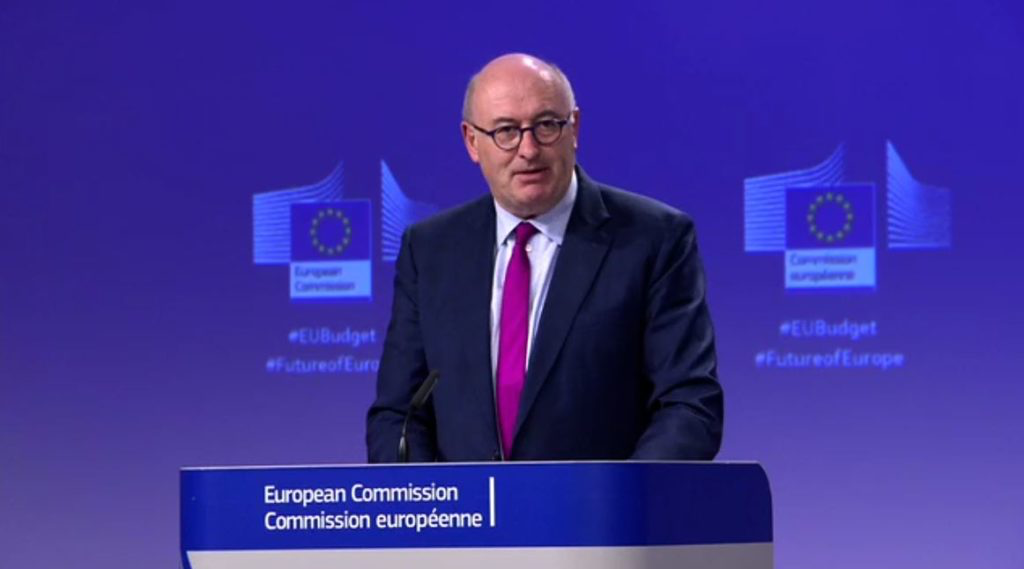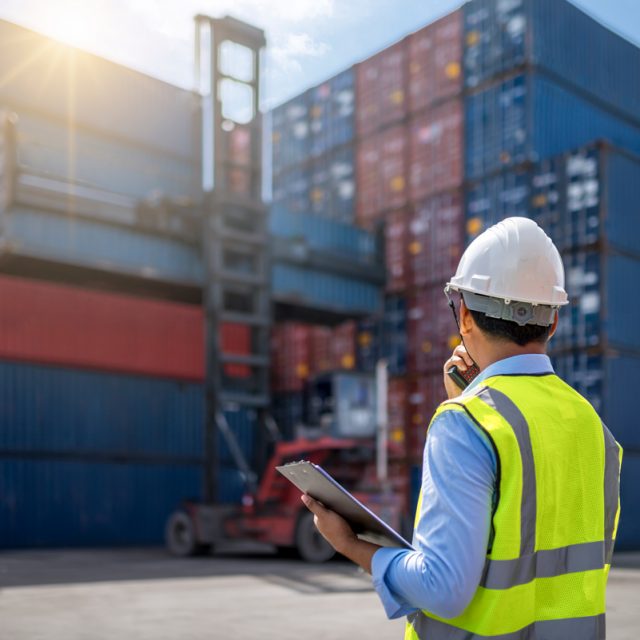The European Union and Mercosur have reached a political agreement for an ambitious, balanced and comprehensive trade agreement.
The new trade framework – part of a wider Association Agreement between the two regions – will consolidate a strategic political and economic partnership and create significant opportunities for sustainable growth on both sides, while respecting the environment and preserving interests of EU consumers and sensitive economic sectors.
The EU is the first major partner to strike a trade pact with Mercosur, a bloc comprising Argentina, Brazil Paraguay and Uruguay. The agreement concluded today will cover a population of 780 million and cement the close political and economic relations between the EU and Mercosur countries. It represents a clear commitment from both regions to rules based international trade and will give European companies an important head start into a market with an enormous economic potential. It will anchor important economic reforms and modernisation undergoing in Mercosur countries.
The agreement upholds the highest standards of food safety and consumer protection, as well as the precautionary principle for food safety and environmental rules and contains specific commitments on labour rights and environmental protection, including the implementation of the Paris climate agreement and related enforcement rules.
President of the European Commission Jean-Claude Juncker said: “I measure my words carefully when I say that this is a historic moment. In the midst of international trade tensions, we are sending today a strong signal with our Mercosur partners that we stand for rules-based trade.”
“Through this trade pact, Mercosur countries have decided to open up their markets to the EU. This is obviously great news for companies, workers and the economy on both sides of the Atlantic, saving over €4 billion worth of duties per year. This makes it the largest trade agreement the EU has ever concluded. Thanks to the hard and patient work of our negotiators, this is matched with positive outcomes for the environment and consumers. And that’s what makes this agreement a win-win deal.”

Commissioner for Trade Cecilia Malmström added: “Today’s agreement brings Europe and South America closer together in a spirit of cooperation and openness. Once this deal is in place, it will create a market of 780 million people, providing enormous opportunities for EU businesses and workers in countries with whom have strong historical links and whose markets have been relatively closed up to now.”
She added, ” The agreement will save European companies over €4 billion in duties at the border – four times as much as our deal with Japan – whilst giving them a head start against competitors from elsewhere in the world. It also sets high standards and establishes a strong framework to jointly address issues like the environment and labour rights, as well as reinforcing sustainable development commitments we have already made, for example under the Paris Agreement.
” Over the past few years the EU has consolidated its position as the global leader in open and sustainable trade. Agreements with 15 countries have entered into force since 2014, notably with Canada and Japan. This agreement adds four more countries to our impressive roster of trade allies.”

Phil Hogan Commissioner for Agriculture
Phil Hogan, Commissioner for Agriculture and Rural Development, said: “The EU-Mercosur agreement is a fair and balanced deal with opportunities and benefits on both sides, including for Europe’s farmers. Our distinctive, high quality EU agri-food products will now get the protection in Mercosur countries that they deserve, supporting our market position and growing our export opportunities. Today’s agreement also presents some challenges to European farmers and the European Commission will be available to help farmers meet these challenges.
“For this agreement to be a win-win, we will only open up to agricultural products from Mercosur carefully with carefully managed quotas will ensure that there is no risk that any product will flood the EU market and thereby threaten the livelihood of EU farmers.”




